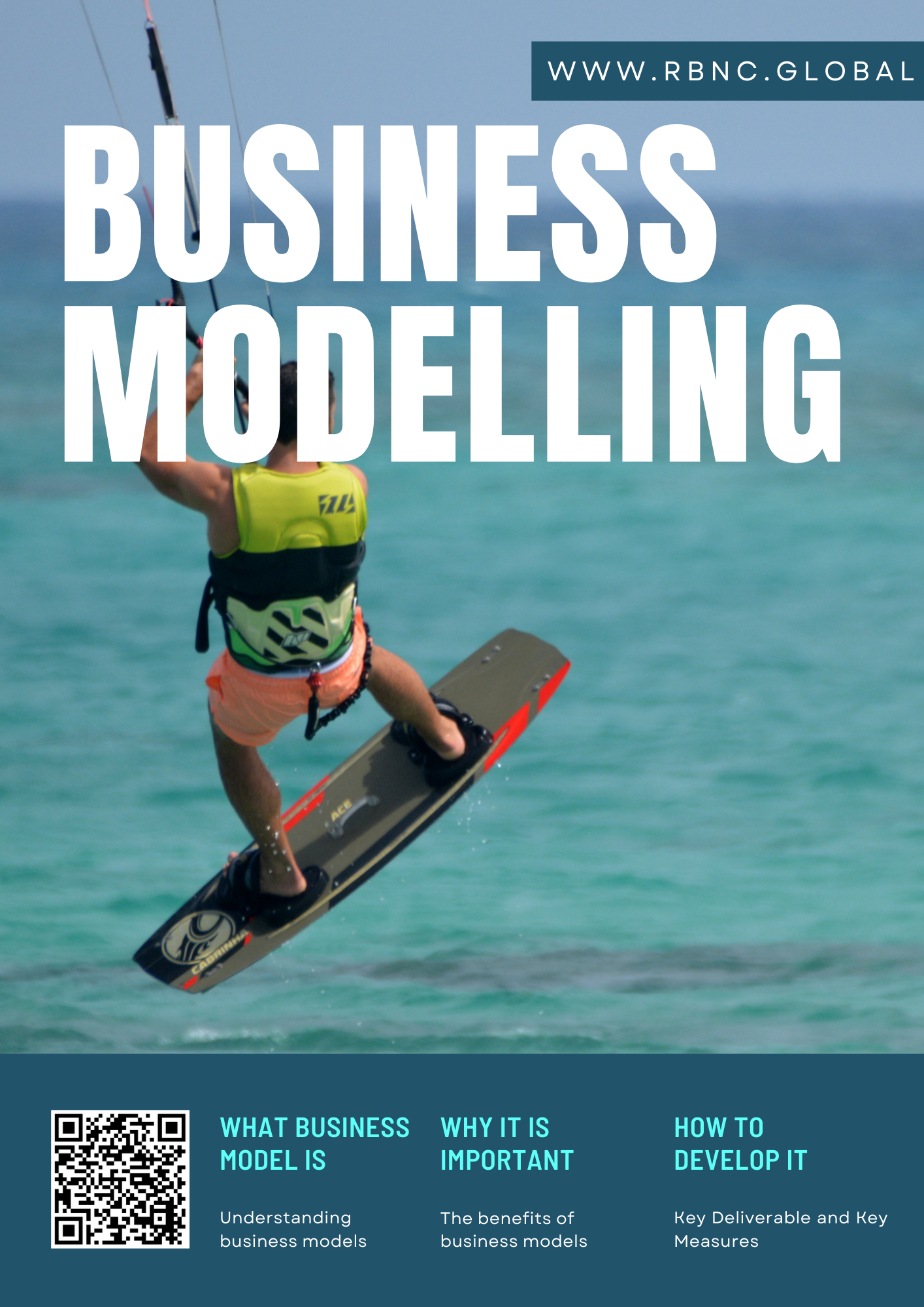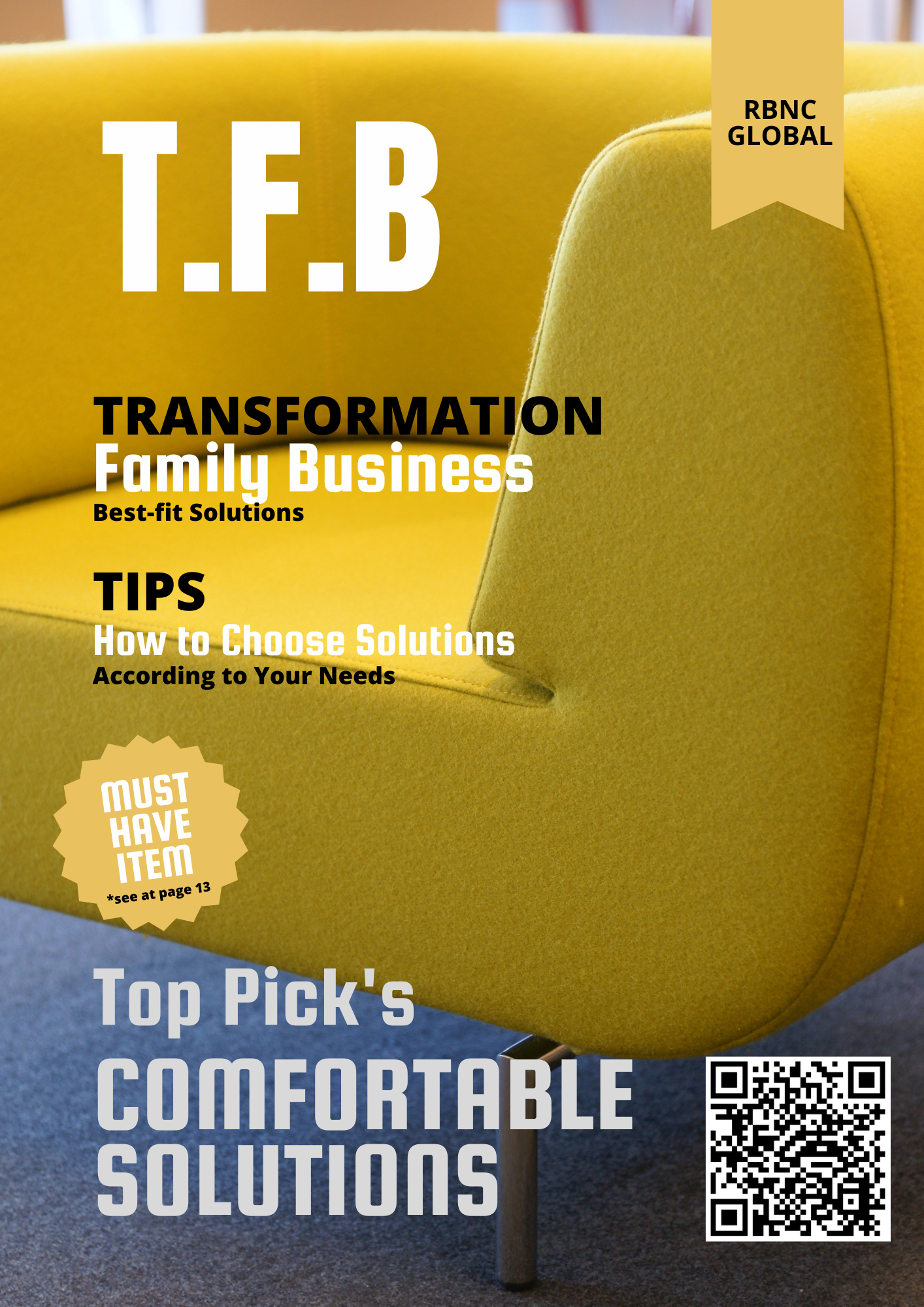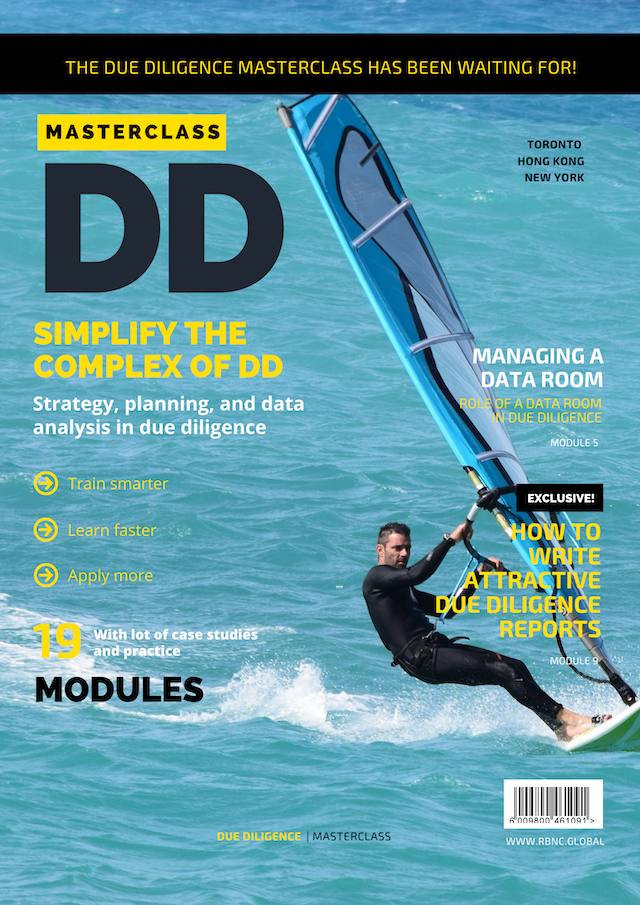Business Modeling for Startup or Business Development
Introduction
Drive business growth and innovation with a strong understanding of business modelling. Essential for senior executives, this skill set enables identifying opportunities, designing effective models, and communicating them clearly to stakeholders. Mastering business modelling empowers leaders to build and scale successful businesses in today's dynamic market. Learn to analyze market trends, develop value propositions, and create sustainable competitive advantages. This knowledge is crucial for strategic decision-making and long-term success.
How you will benefit
RBNC designed this two-day course to provide executives with an introduction to the Decision Process and to Business Modeling. Participants will learn how to structure their approach to decision-making in order to make more insightful decisions. They will also obtain an overview of leading analysis, valuation and modelling techniques and tools
- Identify and articulate the different elements of a business model
- Examine a variety of business model designs and evaluate the best fit with business requirements
- Present a value proposition that caters to customer needs and concerns
- Design and assess business models based on identified gaps and business remedies
- Test and implement business models that are innovative and viable
Who should attend
The course will benefit Startup Founders, Business Development Professionals, CEO's, CFO's, General Managers, Strategy Directors, Strategic Planners and Analysts from all industries
What you will cover
- What is a business model? A definition
- Understanding business models
- Business models, innovation, and market disruptions
- The business model card game
- Strategy versus business models
- Getting started with your business model
- What makes a successful business model?
- Business modeling and transformation
- A look at business modeling tools: The Omega business model
- Concepts behind customer value and value proposition
- Customer discovery and the pivot
- Business models and value
- Customer discovery process
- Customer segmentation and the target market
- The value proposition canvas
- Delivering value
- Viewpoints on business modeling
- The partner value matrix
- The value network
- Multi-sided business modeling
- Understanding customers through personas
- Practice on your real business idea or business development
- Apply the STARTUP roadmap
- A quick look into agile business model development
- Integrating agility into business model designs
Schedule









